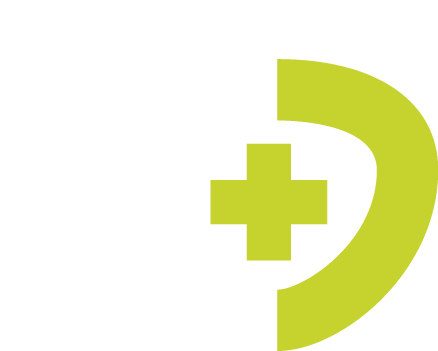Anneli Kannus, President of Estonian Nurses Union
Advanced practice nurses (hereinafter referred to as: APN) have been trained in Estonia since 2006 and they can work both independently and as part of an interdisciplinary medical team. APN has the right and required competence to organize the initial reception and follow-up of a patient at any level of care, providing an initial assessment of the patient’s state of health, including making a nursing diagnosis and planning nursing interventions to improve patient’s condition. It also establishes, together with the patient, a goal related to his or her state of health that is jointly pursued, i.e. a defined nursing outcome towards which nursing interventions help to move.
The nursing diagnosis does not duplicate the ICD (International Classification of Diseases) diagnosis. The nurse certainly knows the diagnosis given to the patient by the doctor, but the nursing diagnosis is based on the person’s state of health, describes the symptoms the person is experiencing and does not always have to be linked to the doctor’s diagnosis. Just as people with the same diagnosis do not have the same ailments, nursing diagnoses are not identical for different people. Nursing diagnoses do not have to be learned by the doctor, but if they are used regularly by nurses, it certainly helps the doctor to better understand patient’s condition and concerns.
Advanced practice nurses have several additional rights. APN with a master’s degree, has prescription rights, however the list of medicines that APN can prescribe is relatively short. Together, we need to reach agreements on how to move forward with prescribing and renewing prescriptions. This is where doctors can help and initiate discussions with our colleagues.
Nurses and APN have the right to order certain diagnostic tests and examinations. The right to prescribe assistive devices has been added, and relevant training has been included in basic nursing training. Nurses and APN also have the right to open and close incapacity to work forms and in the future are expected to have the right to also prescribe medical equipment.
The right of APN to refer a patient to another health care provider is gradually becoming a reality. However, no right implies 100% implementation by all APNs. The proposal of the Estonian Nurses Union is to move forward with the extension of the rights primarily on an institution-by-institution basis, as health care institutions in Estonia vary greatly in their readiness to implement APNs.
By working as a team, we can work together to reduce the risk of the patient ‘falling through the cracks’ between services/specialists and to make the necessary service more convenient and faster for the patient. E-consultation also makes the service cheaper for the patient and their loved ones by saving on travel and time. At present, a patient must see a doctor for a referral even if APN has identified the need for an additional consultation. As the waiting times for specialist doctors are long the new possibilities of increasing the number of APN appointments will speed up the treatment pathway. By replacing the need for telephone consultation, including with another nurse or APN, with e-consultation, information will be more accurate, verifiable and faster. It can therefore be expected that the time for the disease/injury to worsen will be shorter, and thus recovery/healing will be faster.
An e-consultation does not necessarily imply a visit to another specialist, but rather a request for information on, for example, a treatment regimen or further action. In this way, information can be communicated through a specialist with whom the person already has a trusting relationship, thereby increasing treatment compliance.
The e-consultation as prescribed by the APN is a support to patient management through multi-professional collaboration in a situation where the patient does not require diagnosis and prescription of treatment. At present, APN must be able to e-consult with a nurse, because nurses with very narrow specializations work in parallel with APNs in specialized care, and it is important to harness their resources and expertise. E-consultation is needed for cases where the competence of the APN is not sufficient to solve the specific problem of a given patient, but the competence of the doctor is not yet necessary. These are mainly patients suffering from one or more chronic diseases, whose condition requires regular monitoring, assessment of treatment response or changes in their health status.
The analyses and tests that must be carried out prior to the e-consultation can be based on the agreements made in the framework of the e-consultation between the specialist and the family doctor. In primary care there is no immediate need for a specialist e-consultation, as if a specialist consultation is needed, the decision will probably continue to be taken by the family doctor. However, in specialized care, e-consultation is needed between APN and a specialist doctor if there are arrangements to support continuity of care or clinical need.
Let’s trust each other and evolve together, so that as a team we can provide better and more timely healthcare to our patients!




